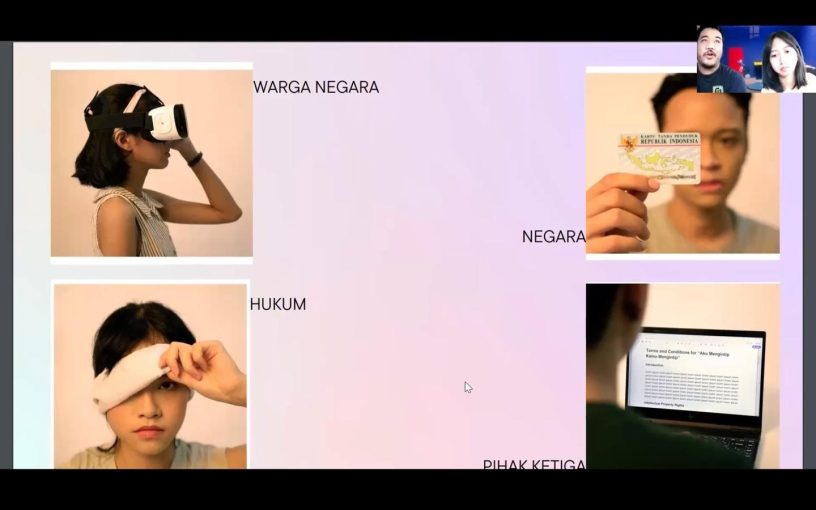
In the Private Data Protection Bill, an opportunity of privacy violence can be highlighted in which citizen’s data can be taken for the purpose of the state’s data collection. However, there is not one part in the bill which mentions the parties who will be authorized to take the data. This is a dangerous loophole because the ambiguous third party can weaken law enforcement and surveillance.
“Take for example the instance when we are being recorded but the party who does this isn’t responsible which, in many events we’ve seen recently, leads to data leakage. Data collection is important for the state, however from the law perspective, we still don’t feel safe about this,” Fatah Yusi said.
One of the models of private data collection is biometric surveillance through body parts such as our face, retina, fingerprint, etc. In Indonesia, biometric surveillance is incorporated in the Private Data Protection Bill individually through smartphones. This is concerning when we notice that the Private Data Protection Bill is a form of biometric surveillance institutionalization that is very risky when it comes to the consequences of the repetition of global class inequality and knowledge management.
The existence of smartphones allows an easier institutionalization of biometric violence as something normal because it makes us take our data for granted.
“The regulation of the Private Data Protection Bill is still ambiguous which is concerning because the one that is supposed to protect us does not. Frankly, the things that can minimize the damage is in our reach, it’s our choice to protect our data and feel safe in the digital world,” Nandhika said.
Meanwhile, Derajad mentioned a technology philosophy which is that man is inherently technology, seeing that technology shapes and changes society’s culture and environment. The essence of technology is directly related to the existence of human which means that technology births technology and becomes human because of technology.
